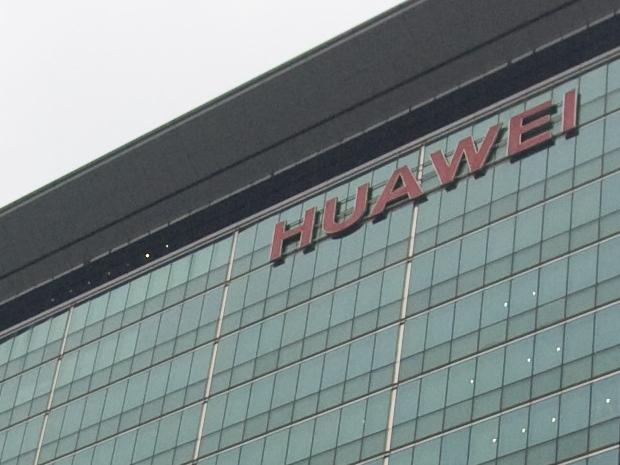Huawei: U.S. market a 'commercial disappointment'


SHENZHEN--Trade protectionism and sinophobia pushed Huawei to reduce its focus on the U.S. market earlier this year, which has proven to be a "commercial disappointment" for the Chinese telecoms equipment manufacturer.
According to Scott Sykes, Huawei's vice president of international media affairs, the decision to move away was not a reflection of the company's changing commitment to the U.S. market, but of a commercial reality that there were no opportunities for the Chinese telecoms equipment manufacturer in the foreseeable future.
Sykes was commenting on an April announcement by Eric Xu, the companys executive vice president, who declared Huawei was "not interested" in the U.S. market anymore and had decided to shift its focus to Europe.
"Despite the fact we have done our best to communicate about our company, and have been in business for 26 years with telecom operators around the world, the challenges we face in the U.S. are not about Huawei or the security of our equipment," Sykes said, speaking to ZDNet Asia in an interview here Tuesday.
He attributed the reduced focus in the country to trade protectionism, sinophobia, and politics on the part of the U.S. government. He added that moves to ban Huawei from participating in the U.S. market would not benefit U.S. consumers, who pay two to three times more for broadband services compared to other consumers in other parts of the world.
This has led to less competition in the U.S. market for broadband services and consumers have to pay more for lower quality broadband services, he noted.
This does not mean, however, the Chinese telecoms equipment manufacturer is pulling out of the U.S. market, Du Juan, branding and marketing operations director at Huawei's enterprise business group told ZDNet, in a separate interview on Tuesday. Its enterprise business division, for example, is still active in the market, she pointed out.
Huawei just finished exhibiting at Interop, a U.S.-based IT conference and expo, while its network switches and storages are still being deployed in some universities and retail stores, Du noted.
"The U.S. is still a big market, and we continue to deploy our company's strategy and focus on the basics in the market," she said.
U.S cybersecurity issues not related to Huawei
Sykes pointed out that cybersecurity issues in the U.S. had "nothing to do" with Huawei, since its market share in the country is zero. He noted it was "impossible" that Huawei could be associated with security issues as it worked with 500 operators worldwide, ranked 315 among Fortune 500 companies, and was generating US$35 billion worth of revenue.
"It would be impossible to get to that point if people didn't trust our technology and products," he said, adding that since Huawei has already been barred in the U.S., logically, there should not be security issues prevalent in the country but that is not the case.
Last October, the U.S. House of Representatives Intelligence Committee stated Huawei, along with fellow Chinese vendor ZTE, should not be allowed to do business with US businesses and government because the Chinese telecoms equipment manufacturers posed a security threat.
vice president of international media affairs, Huawei
Huawei agrees cybersecurity and protecting networks are important, but disagrees that different standards and rules should be imposed on a vendor based on where its headquarters is located, Sykes added.
"All vendors should be held to the same standards and rules, otherwise it's just protectionism and discrimination. It does nothing to improve security," he said.
Focus on public, government communication
Pranabesh Nath, research manager for ICT at Frost & Sullivan Asia-Pacific, said Huawei cannot afford to ignore the U.S. as a market, but noted the Chinese vendor would have increasingly limited options as sentiments against the company continue to grow.
"The best strategy for Huawei at this stage, over the next one to two years, is to continue to lobby the government and industry groups, as well as try to improve its image among average citizens through community outreach programs," Nath said.
Sykes also acknowledged the misunderstanding and misinformation surrounding Huawei, as the company did not focus efforts on "talking and telling [its] own story" for many years.
Moving forward, he said the company has decided to commit to being open and transparent to gain the understanding and trust of the public and governments.
Nath noted that this is a "tough" position for Huawei since IT vendors are aware of the importance of the U.S. market for short-term growth strategy. The analyst said he expects Huawei to continue to insist on the quality of its products and services in meeting the needs of American customers.
How much effect this will have on the company, however, remains to be seen, he noted.
Ellyne Phneah of ZDNet Asia reported from Huawei's headquarters in Shenzhen, China, on the vendor's invitation.